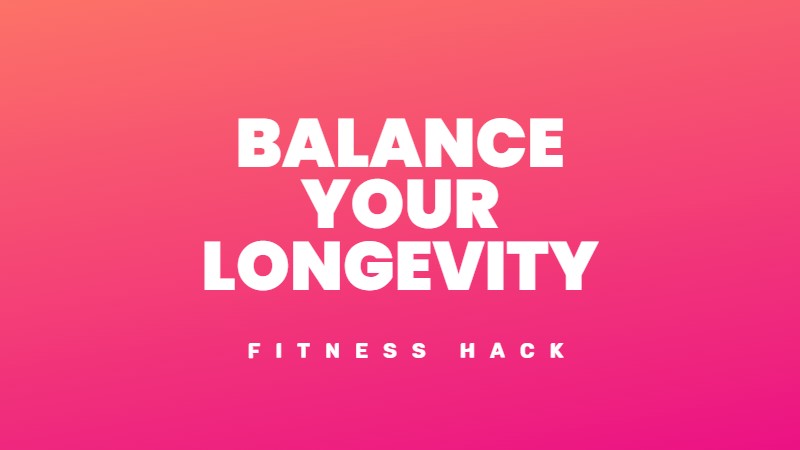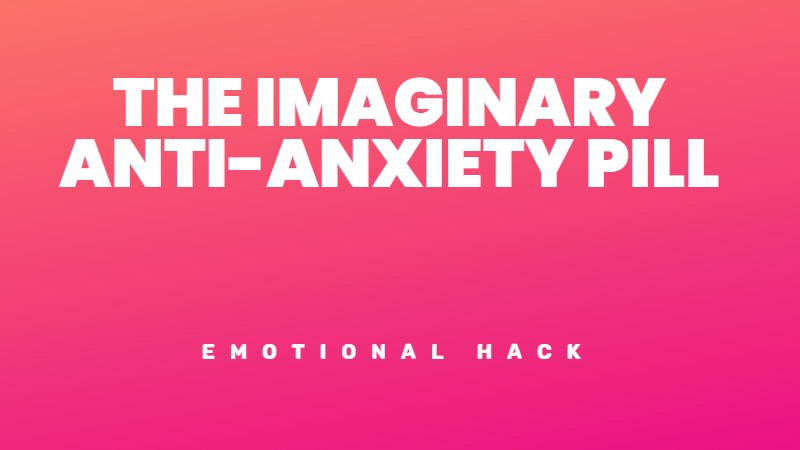Think about what drives you hardest. Your relentless work ethic. Your need to prove yourself. Your hunger for recognition that never quite gets satisfied, no matter how much you achieve.
Now look backwards. Did someone important make you feel small? Did chaos at home teach you that control equals safety? Did you learn young that love was conditional on performance?
Many of us build our adult lives as responses to childhood pain, reaching for success to prove our worth and working ourselves sick to outrun feelings we never processed.
When your past drives your future
In the classic film Citizen Kane, Charles Foster Kane is a man who has everything money can buy but nothing his heart truly wants. The movie opens with his death as he whispers a final, mysterious word:
“Rosebud.”
A reporter then sets out to uncover this dying word, interviewing everyone who knew Kane. We see his rise to power from a poor boy taken from his parents and raised by a cold banker to a newspaper tycoon, a politician, and a builder of a massive estate called Xanadu. Through it all, Kane pursues success relentlessly yet grows increasingly bitter and alone.
In the film’s final moments, we learn the truth. Rosebud was the name of Kane’s childhood sled, his last connection to innocence and love before being torn from his family. As workers burn Kane’s possessions after his death, the sled, his most meaningful treasure amid endless wealth, goes up in flames, unrecognized.
This stunning reveal shows us something profound: childhood wounds can drive adult success while preventing happiness.
The rosebud effect
History offers countless examples of this pattern. Steve Jobs built Apple into one of the most valuable companies ever, yet many biographers trace his relentless drive to his adoption trauma and lifelong feelings of abandonment. His need to control every detail of his products might have stemmed from early feelings of powerlessness.
Oprah Winfrey transformed her traumatic childhood, filled with poverty, abuse, and neglect, into a media empire built on emotional connection. She found ways to channel her pain into purpose, yet has spoken openly about how her early wounds affected her relationships and self-image for decades.
The everyday rosebud
This pattern exists beyond the famous. The account executive who works seventy hours weekly, winning every sales target but missing her children’s lives, trying to prove her worth to parents who never noticed her. The lawyer who graduated top of his class, seeking the approval of a father who abandoned him. The perfectionist mother exhausting herself to create the childhood she never had.
Maybe you see yourself here, too. Perhaps you push yourself relentlessly, always needing to achieve more. You might have built a life that looks perfect from the outside, with a good job and a nice house, yet still feel empty inside and must prove your worth through what you do rather than who you are.
Breaking free from your rosebud
1. Recognize and name your rosebud
Healing begins with seeing the pattern. Kane never recognized that his endless pursuit of power was really a search for what he lost as a child. His “Rosebud” remained unconscious, driving him without his awareness.
Your first step is different: name your Rosebud. What childhood wound pushes you forward yet holds you back? What loss or trauma shaped your definition of yourself?
2. Sit with the pain
Next comes the hardest part: sitting with the pain you couldn’t feel as a child. Children lack the emotional resources to process trauma fully. You protected yourself by pushing those feelings down. Now, as an adult, you must feel them to heal them.
This might mean crying tears decades overdue. It might mean expressing anger you had to swallow. It might mean grieving what should have been but wasn’t.
3. Rewrite your story
The third step involves rewriting your story. Your childhood wounds weren’t your fault. The neglect, abuse, loss, or trauma you suffered says nothing about your worth. You were a good person caught in painful circumstances.
Your new story might sound like this: “What happened to me was wrong. It hurt me deeply. But it doesn’t define me or determine my worth. I am enough exactly as I am.”
Finding true meaning
When your actions spring from wholeness rather than wounds, everything changes. You work hard because you enjoy creating value, not because you need achievement to feel worthy. You build relationships based on genuine connection, not to fill an inner void.
You stop trying to earn what was always rightfully yours: the knowledge of your inherent value.
This doesn’t mean abandoning ambition or success. It means pursuing them from a place of freedom rather than compulsion. Kane never stopped chasing substitutes for his lost childhood. You can break this cycle.
The path forward
Healing often requires professional help. Childhood trauma runs deep, and therapists specializing in modalities like EMDR, Internal Family Systems, or trauma-focused cognitive behavioural therapy can guide your journey.
But the core insight remains simple: your worth exists independent of your achievements. You don’t need to earn love or belonging. You need only remove the barriers to accepting what was always true.
Unlike Kane, who died still yearning for his Rosebud, you can reclaim your wholeness. Stop building monuments to your pain and build a life honouring your worth.
“You alone are enough. You have nothing to prove to anybody.”
Maya Angelou
Your Rosebud need not burn unrecognized. You can hold it gently, honour what it meant to you, and then let it go. Not as your life’s secret driver but as part of a past that shaped but no longer controls you.




Leave feedback about this